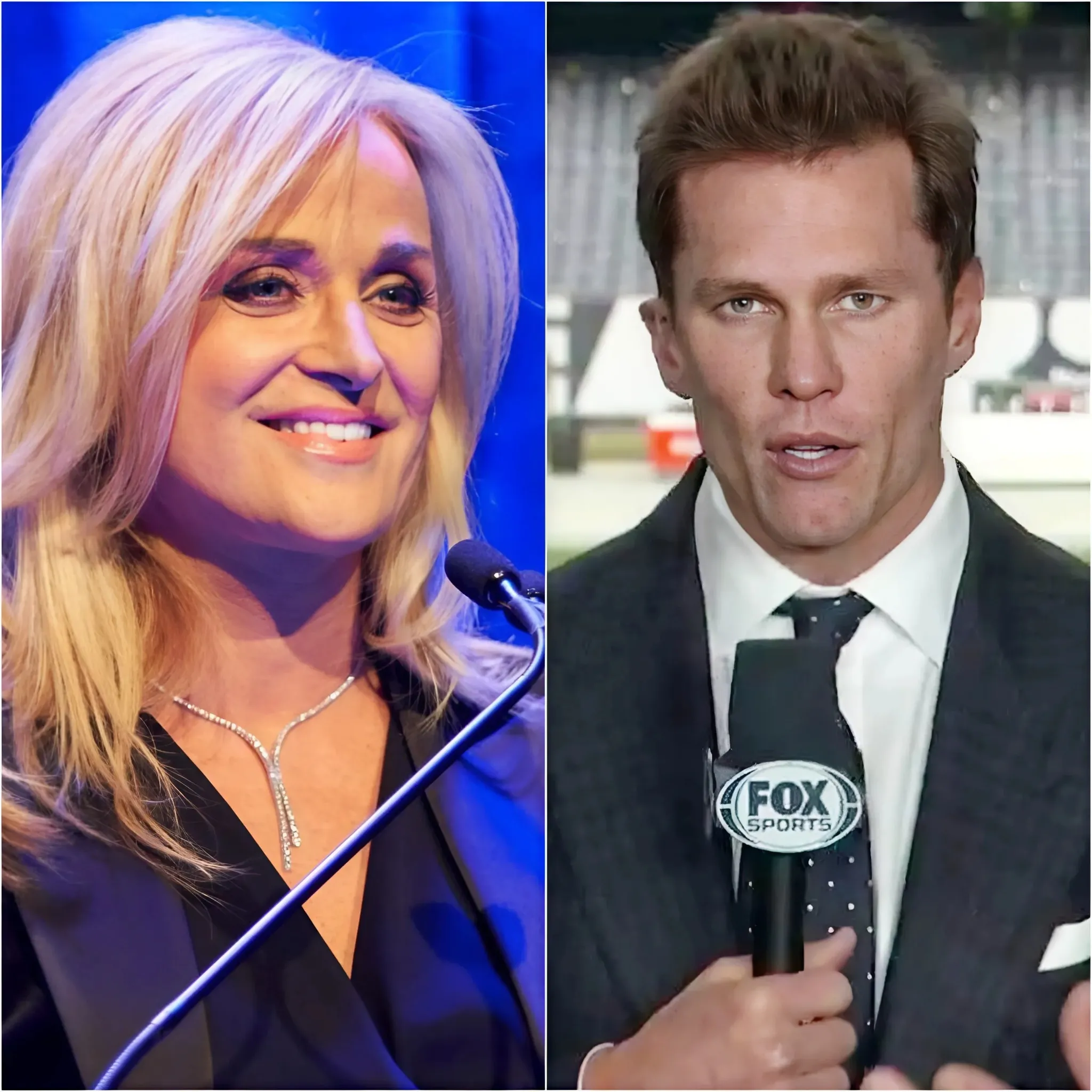
Elon Musk, the influential billionaire and CEO of companies like Tesla and SpaceX, has once again stirred public debate with his recent call to boycott Microsoft and its co-founder, Bill Gates. Known for his outspoken nature on social media, Musk has frequently taken controversial stances, and this latest statement has sent shockwaves through tech communities and beyond.
Musk’s criticism of Microsoft and Gates appears rooted in a complex web of grievances. While neither Musk nor Gates has elaborated in detail on the specific catalyst for this boycott, tensions between the two high-profile tech moguls have been visible for years. Musk has previously accused Gates of shorting Tesla stock, a claim Gates acknowledged, sparking a public dispute over their differing views on the future of clean energy and electric vehicles.
The animosity between Musk and Gates extends beyond financial disagreements. Musk has openly criticized Gates for his environmental initiatives, alleging that Gates fails to fully embrace the transition to electric transportation. In turn, Gates has expressed skepticism about Musk's ambitious plans, particularly his pursuit of space colonization. These fundamental differences in philosophy and vision have cemented a rivalry between the two.
Microsoft’s involvement has added another layer of intrigue to this public feud. Musk’s call for a boycott could be connected to Microsoft’s growing influence in artificial intelligence, a field where Musk has voiced deep concerns. As the founder of OpenAI, Musk has long warned of the potential dangers posed by AI, criticizing companies he believes prioritize profit over safety. Microsoft, a major backer of OpenAI, has invested heavily in advancing AI technologies, leading some to speculate that Musk views this as a direct challenge to his ethical stance on AI development.

The timing of Musk’s remarks has also drawn attention. Microsoft recently announced significant updates to its AI tools, including integrations with popular software like Office 365 and Azure. These moves align with Microsoft’s goal of dominating the AI landscape, a market where Musk’s ventures, such as Tesla’s self-driving technology, are also heavily invested. Critics suggest Musk’s boycott call could be an attempt to undermine Microsoft’s credibility in this competitive space.
The impact of Musk’s statement is already evident online. Social media platforms have seen heated debates among tech enthusiasts, environmentalists, and supporters of both Musk and Gates. Some view Musk’s boycott call as a legitimate critique of Microsoft’s practices and Gates’ investments, while others see it as a strategic move to distract from controversies surrounding Musk’s own companies.
Tesla, for instance, has faced increasing scrutiny over issues ranging from workplace conditions to allegations of misleading claims about its self-driving technology. Musk’s polarizing presence on platforms like X (formerly Twitter), which he owns, has also raised concerns about how his public declarations influence global discourse. Critics argue that such statements can be reckless, given Musk’s immense following and the potential economic consequences of a widespread boycott.
Supporters of Musk, however, argue that his willingness to challenge powerful figures like Gates reflects his commitment to innovation and transparency. They highlight his achievements in revolutionizing industries such as space exploration and renewable energy as proof of his dedication to a better future. For these followers, Musk’s critique of Microsoft and Gates aligns with his broader vision of challenging the status quo in pursuit of progress.
Bill Gates, while maintaining a lower public profile compared to Musk, has not directly responded to the boycott call. Gates has been focused on philanthropic efforts through the Bill & Melinda Gates Foundation, addressing global challenges like health, education, and climate change. Despite their differences, Gates has occasionally acknowledged Musk’s contributions to advancing technology, though his praise has often been tempered by cautionary notes about the feasibility of Musk’s ambitions.

This public spat between Musk and Gates underscores broader issues within the tech industry. The clash highlights the tension between competing visions for the future, whether it be through groundbreaking innovations, ethical considerations, or balancing profit with social impact. As technology continues to shape society at an unprecedented pace, the influence of figures like Musk and Gates will remain a focal point of public interest.
Musk’s call for a boycott also raises questions about the power dynamics between tech giants and their founders. With billionaires increasingly shaping policy, culture, and technological progress, their public disagreements carry significant weight. Whether Musk’s boycott campaign will gain traction or fade into the background remains uncertain, but its implications for the tech world and beyond are hard to ignore.
As the debate continues, one thing is clear: Musk’s statement has reignited discussions about the responsibilities and rivalries of tech leaders. While his supporters rally behind his call for change, others urge caution, reminding the public of the complex and interconnected nature of the issues at hand. Whether the boycott becomes a widespread movement or simply another chapter in the saga of Musk versus Gates, the world will be watching closely.



